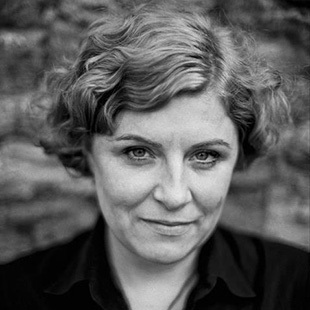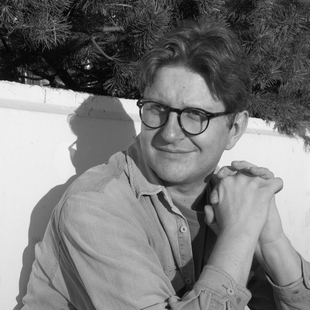
Authors


Andrzej Stasiuk is one of the most successful and internationally acclaimed contemporary Polish writers, journalists and literary critics. He is best known for his travel literature and essays that describe the reality of Eastern Europe and its relationship with the West. After being dismissed from secondary school, Stasiuk dropped out also from a vocational school and drifted aimlessly, became active in the Polish pacifist movement and spent one and a half years in prison for deserting the army - as legend has it, in a tank. His experiences in prison provided him with the material for the stories in his literary debut in 1992. Titled Mury Hebronu ("The Walls of Hebron"), it instantly established him as a premier literary talent. After a collection of poems Wiersze miłosne i nie, 1994 ("Love and non-love poems"), Stasiuk's bestselling first full-length novel Biały kruk (English translation as "White Raven" in 2000) appeared in 1995 and consolidated his position among the most successful authors in post-communist Poland. Long before his literary breakthrough, in 1986, Stasiuk had left his native Warsaw and withdrew to the seclusion of the small hamlet of Czarne in the Beskids, a secluded part of the Carpathian mountain range in the south of Poland. Outside writing, he spends his time breeding sheep. Together with his wife, he also runs his own tiny but, by now, prestigious publishing business Wydawnictwo Czarne, named after its seat. Apart from his own books, Czarne also publishes other East European authors. Czarne also re-published works by the émigré Polish author Zygmunt Haupt, thus initiating Haupt's rediscovery in Poland. While White Raven had a straight adventure plot, Stasiuk's subsequent writing has become increasingly impressionistic and concentrated on atmospheric descriptions of his adopted mental home, the provincial south-east of Poland and Europe, and the lives of its inhabitants. Opowieści Galicyjskie ("Tales of Galicia"), one of several works available in English (among the others are "White Raven", "Nine", "Dukla," "Fado," and "On the Road to Babadag") conveys a good impression of the specific style developed by Stasiuk. A similar text is Dukla (1997), named after a small town near his home. Dukla achieved Stasiuk's breakthrough in Germany and helped built him the most appreciative reader-base outside of Poland, although a number of Stasiuk's books have been translated into several other languages.

Also published as Wioletta Greg. A writer, editor and translator born in southern Poland, she moved to the UK in 2006. She currently resides in the town of Ryde on the Isle of Wight. Wioletta has published several volumes of poetry in Poland, Canada and the UK, including Wyobraźnia kontrolowana (Controlled Imagination, 1998), Parantele (Kinships, 2003), Orinoko (2008), Inne obroty (Alternate Turns, 2010), the bilingual Pamięć Smieny/Smena’s Memory (2011), Finite Formulae & Theories of Chance (2014), the collection of short prose forms: Notatnik z wyspy (Notes from an Island, 2011) and a debut novella, Guguly (Unripened Fruit, 2014), in which she revisits the experience of growing up in Communist Poland. From: http://www.theguardian.com/books/tran...

